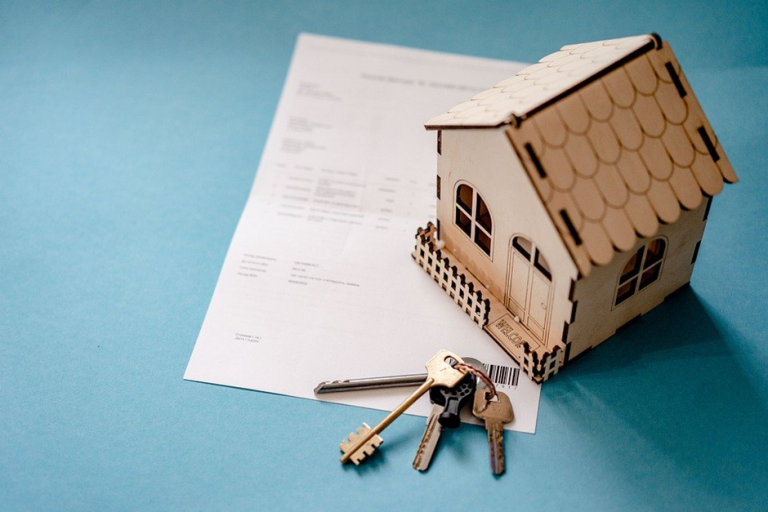House insurance is one of the most important things to sign up for when you become a homeowner for the first time. It protects your biggest asset and gives you much-needed peace of mind that you’re financially protected against damage. However, what you may realize early on is that everyone’s premium is different, and these factors below all contribute to the price you pay.
The Cost to Replace Your Home
When you contact a reputable insurance provider to ask about homeowners insurance, one of the first things they’ll calculate is the cost to replace your home. This may differ from the market value and can be lower or higher, depending on where you live and what the market is doing at the time.
The replacement costs factor in the size of your house, the price of construction materials, any unique features, bathrooms, bedrooms, and more. It doesn’t generally factor in other elements that drive up your home’s value in the market, such as proximity to attractions and desirable schooling.
Your Claims History
If you have made several claims in the past, you may be at high risk of claiming even more in the future. Some insurance companies factor in your claims history for your current home and homes lived in and owned in the past.
Property Location
Your home’s location counts for a lot when your insurance company sets your premium. They factor in the local construction and labor costs and even your area’s propensity to experience adverse weather events like storms, fires, and hurricanes. Sometimes, if you live in an area that experiences high levels of vandalism or you live close to a fire station, these factors may also play a part in your insurance premiums.
Proximity to Water
Flood insurance is an additional home insurance policy that can be worth including if you live somewhere that floods or may flood in the future. According to the National Flood Insurance Program, 90% of natural disasters in the United States involve flooding. You may also be required to include this add-on on your policy if you live in a high-risk zone or have a federally-backed mortgage, such as an FHA loan.
Credit History
When you contact home insurance companies, many of them look at your credit score to check your risk level. With this information, they decide whether you’re at a higher or lower risk of defaulting on your premium payments or making a claim. This isn’t the only factor determining your premiums, but it’s one of many considered before you come to an agreed sum.
House Age
If your house is old or would likely require significant improvements if rebuilt, this may factor into your insurance premiums. However, if you make upgrades, such as new electrical wiring and roofing, you may benefit from lower premiums due to the possible decreased risk of loss.
It can be worth discussing this information with your preferred insurance provider at the time so that you can be fully informed about what positively or negatively impacts your premiums.
Homeowner insurance can be one of the best investments you make in your home. It gives you complete peace of mind that you can rebuild without significant financial hardship if something happens to your home. When the time comes to sign up, keep these contributing factors in the back of your mind to understand what your premiums may be.

